Occupational safety training for operating bottle labeling machines
99,000 ₫
Note: The price above is calculated for one person, and it may vary depending on the number of participants in the training course and market fluctuations. For more accurate pricing support, please refer to the quotation table or contact our consulting staff directly.
Occupational safety is an important issue when operating a bottle labeling machine and must be addressed promptly to ensure the health and safety of workers while enhancing the reputation of businesses. The Occupational Safety Training course is one of the effective solutions to raise awareness about preventing workplace accidents for workers when operating bottle labeling machines.
Table of Contents
Toggle1. Overview of Bottle Labeling Machines
a. What is a Bottle Labeling Machine?
A Bottle Labeling Machine is an industrial device used to automatically apply labels to bottles, cans, or similar packaged products. This machine helps improve efficiency and ensures accuracy in the packaging and labeling process.
Bottle labeling machines increase productivity, reduce human error, and ensure that products are packaged and labeled correctly according to standards. This is important to guarantee consistency and product safety before distribution to the market.

b. Operating principle of a Bottle Labeling Machine
The operating principle of a bottle labeling machine usually includes the following steps:
- Supply bottles and labels: Bottles or products to be labeled are fed into the labeling machine from a supply source. Labels are usually supplied in rolls and preloaded into the machine.
- Detect bottle position: Labeling machines often use sensors or vision systems to determine the position and orientation of bottles, helping the machine know where to apply the label.
- Label positioning: Once the machine detects the bottle position, it positions the label to ensure it is applied at the correct location on the bottle.
- Apply label: The machine uses mechanisms or systems to attach the label to the bottle. Various methods can be used, including rollers, pads, or pneumatic systems to firmly apply the label.
- Pressure and adhesion: After labeling, the machine often applies pressure to ensure the label sticks firmly to the bottle without peeling.
- Inspection and quality control: The machine may be equipped with quality inspection systems to ensure labels are correctly applied and free of defects.
- Output product: Once labeling is completed successfully, the bottles or products are discharged from the machine for further production or packaging.

c. Industries that use Bottle Labeling Machines
Bottle labeling machines are used in various manufacturing industries, especially in packaging and bottling sectors. Some main industries using bottle labeling machines include:
- Food and Beverage Industry: Companies producing food, beverages, beer, wine, and other canned products often use bottle labeling machines to label bottles, cans, jars, and packaging.
- Pharmaceutical Industry: Pharmaceutical manufacturers need accurate labeling to meet safety and regulatory requirements, so they use bottle labeling machines for their products.
- Chemical Industry: Manufacturers of chemicals, cleaning products, cosmetics, and personal care products often use bottle labeling machines for labeling bottles or jars.
- Tobacco and related products: Companies producing tobacco products, e-cigarettes, and related items also use bottle labeling machines for labeling their products.
- Paper and Packaging Industry: Companies producing paper boxes, packaging, and containers may also use bottle labeling machines for product labeling.
- Other Chemical and Industrial Products: Besides the above industries, bottle labeling machines are also used in manufacturing lubricants, paints, adhesives, and various other products.
2. Overview of Occupational Safety Training for Operating Bottle Labeling Machines
a. What is Occupational Safety Training?
- Occupational safety training for operating bottle labeling machines consists of lessons designed to raise awareness and prevent workplace accidents. Workers who directly operate bottle labeling machines fall under Group 3.
- The training helps workers recognize and avoid hazards, reducing the risk of accidents while working.
REGISTER FOR OCCUPATIONAL SAFETY TRAINING
b. Training duration
Initial safety training duration:
- Total training time is at least 24 hours, including testing time.
- 8 hours of theoretical study on policies and labor safety laws
- 8 hours of theoretical study on basic occupational safety knowledge
- 4 hours of specialized training theory
- 2 hours of practical training on specialized content
- 2 hours of final theoretical examination
The training center schedules multiple sessions depending on workers’ availability. Usually, the course consists of 6 sessions over 3 days if the employer arranges continuous learning time.
Periodic safety training duration:
- Before the occupational safety card expires, employees seeking renewal must complete periodic occupational safety training, with training duration of at least 50% of the initial training.
Explanation: The total duration of periodic occupational safety training is at least 12 hours, including testing. After completing the course and passing the exam, the employee will be reissued and extended the occupational safety card.
c. Training content
| No. | TRAINING CONTENT | TRAINING DURATION (HOURS) | |||
| Total | Including | ||||
| Theory | Practice | Exam | |||
| I | Policies and labor safety laws | 8 | 8 | 0 | 0 |
| 1 | Overview of legal documents on occupational safety and hygiene. | 6 | 6 | ||
| 2 | Standards and technical regulations on occupational safety and hygiene. | 1 | 1 | ||
| 3 | Specific regulations from state management agencies on occupational safety when constructing, expanding, or upgrading facilities, and on handling equipment and hazardous materials. | 1 | 1 | ||
| II | Basic occupational safety knowledge | 8 | 8 | 0 | 0 |
| 1 | Basic knowledge of hazards in the workplace. | 4 | 4 | ||
| 2 | Methods to improve working conditions. | 1 | 1 | ||
| 3 | Safety culture in production and business. | 1 | 1 | ||
| 4 | Rights and responsibilities of employers and employees; safety policies; roles of safety personnel. | 1 | 1 | ||
| 5 | Occupational safety rules, signs, use of protective equipment; first aid skills; occupational disease prevention. | 1 | 1 | ||
| III | Specialized training content | 6 | 4 | 2 | 0 |
| Comprehensive knowledge of machinery, hazardous substances; risk assessment and management; safe operation procedures. | 6 | 4 | 2 | ||
| IV | Final exam | 2 | 2 | 0 | 0 |
| Total | 24 | 22 | 2 | ||
See more training content of 6 groups
d. Occupational safety card
After completing the occupational safety training and passing the exam, employees are issued a safety card (commonly called occupational safety certificate for Group 3).
Group 3 safety cards display full information including name, date of birth, job and working environment, training duration, official stamp, and signature confirming course completion.
According to regulations in Clause 2 of Article 24, Decree 44/2016/ND-CP, there are two cases:
- If the employer and employee have a labor contract, the employer must sign, stamp, and validate the safety card after training and passing the exam.
- If the worker is freelance or seasonal with no labor contract, the training unit must sign, stamp, and validate the safety card after training and passing the exam.

Group 3 occupational safety card for operating bottle labeling machines
3. Hazards When Operating Bottle Labeling Machines
Operating bottle labeling machines can involve various hazards and risks, especially if safety rules are not followed and proper maintenance is not ensured. Below are some common hazards when operating bottle labeling machines:
- Physical injury: Employees can get injured when working near the machine, especially while it is operating. Risks include collisions, crushing, pinching, or getting caught between machine parts.
- Fire and explosion risk: If the labeling machine uses fuel, oils, or high heat sources, there may be fire or explosion risks. This is particularly important in chemical manufacturing industries.
- Chemical and physical hazards: Bottle labeling machines may use chemicals or oils for smoothing and labeling. Exposure to these chemicals or toxic substances is a concern.
- Labeling process errors: Improper adjustment or maintenance of the machine can cause labeling errors, leading to product and time waste.
- Technical malfunctions: Bottle labeling machines may experience technical failures or breakdowns, disrupting production and requiring repair time.
- Electrical hazards: If the machine is powered by electricity, there is a risk of electric shock in case of electrical system failure.

4. Measures to Control Workplace Accidents When Operating Bottle Labeling Machines
To ensure safety when operating bottle labeling machines, the following safety measures should be applied:
- Employee training: Ensure employees are fully trained in the safe operation and maintenance of bottle labeling machines.
- Regular maintenance: Conduct periodic maintenance to ensure the machine operates correctly and safely.
- Compliance with safety rules: Follow specific safety regulations for the labeling machine, including the use of personal protective equipment (PPE).
- Inspection and incident reporting: Perform regular inspections and report any incidents or technical faults immediately to prevent accidents.
- Use of protective equipment: Ensure all employees working near the labeling machine wear appropriate PPE such as safety glasses, helmets, and protective clothing.
- Safety planning: Develop detailed safety plans for operating the labeling machine and ensure everyone understands and follows them.
- Periodic inspection of bottle labeling machines helps detect safety issues early, such as mechanical wear or damage, reducing workplace accident risks.

5. Benefits of Occupational Safety Training
An Toàn Nam Việt provides the following benefits to enterprises upon completing occupational safety training courses in accordance with Decree 44/2016/ND-CP on Occupational Safety and Hygiene:
- Workers can identify potential workplace hazards and take preventive measures to avoid accidents.
- Enterprises can establish risk prevention measures in production, operation, and maintenance processes.
- Reduce costs associated with safety risks in the workplace.
- Uninterrupted production increases labor productivity and product quality.
- Ensure compliance with occupational safety regulations, avoiding legal risks.
- Enhance reputation and professionalism, thereby elevating the enterprise’s brand.
Nam Viet’s training courses help prevent external hazards from impacting individuals, enabling them to avoid dangers that could result in injuries or even fatalities.
REGISTER FOR OCCUPATIONAL SAFETY TRAINING SERVICE
6. Customer Feedback After Completing Training
An Toàn Nam Việt has many years of experience supporting enterprises in Vietnam, particularly in southern provinces. This responsibility is highly valued, which is why Nam Viet’s Occupational Safety Training is increasingly professional. The growth of An Toàn Nam Việt has been driven by positive feedback and constructive suggestions from enterprises. Below are testimonials from our partners:
See more customer interviews after using An Toàn Nam Việt’s service
7. An Toàn Nam Việt’s Occupational Safety Training Capacity
An Toàn Nam Việt is a reputable and high-quality occupational safety training center in Vietnam, conducting continuous training at factories, production facilities, or construction sites nationwide (all 63 provinces of Vietnam).
REGISTER FOR OCCUPATIONAL SAFETY TRAINING SERVICE
Occupational Safety Training License
- An Toàn Nam Việt has been inspected and certified by the Department of Occupational Safety under the Ministry of Labor, Invalids, and Social Affairs, certifying our eligibility to conduct occupational safety and hygiene training. This further strengthens our training capability.

Training Materials and Lectures
- Before being used in occupational safety training courses, materials are reviewed to ensure accurate and effective content.
- Our instructors follow standardized teaching methods of An Toàn Nam Việt, developed by occupational safety experts to maximize knowledge retention for learners.
Facilities
- Controlling classroom factors enhances teaching efficiency and knowledge absorption.
- Our training facilities are spacious and meet standards for area, lighting, and training equipment.
8. Nationwide Reputable Occupational Safety Training Center
At An Toàn Nam Việt, we prioritize professional dedication to occupational safety training. Teaching workers to protect themselves contributes to national development.
To ensure effective training, we meticulously prepare every detail, from tools, teaching equipment, to curriculum, materials, sound, and lighting.
Our occupational safety instructors are experienced experts with research on hazards across industries and how to prevent them. Lectures are practical and engaging, helping workers absorb knowledge comfortably, always aligned with Decree 44/2016/ND-CP.
Participants learn safety measures and how to protect themselves, applying them appropriately in real work.
Our training center is proud to provide professional, reputable occupational safety training with advantages:
- Competitive training costs while maintaining quality.
- Flexible scheduling to fit company operations.
- Quick certification procedures following legal regulations.
- Experienced instructors with many years in the field.
- Classrooms controlled for optimal teaching efficiency and knowledge absorption.
- Lectures tailored to enterprise occupational safety needs.
- Dedicated and professional support for clients efficiently and accurately.

9. Additional Occupational Safety Training References
1 review for Occupational safety training for operating bottle labeling machines
No comments yet

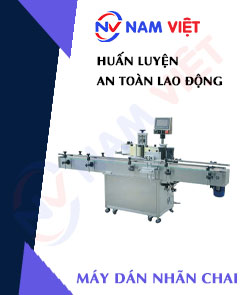
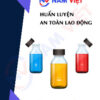
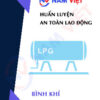
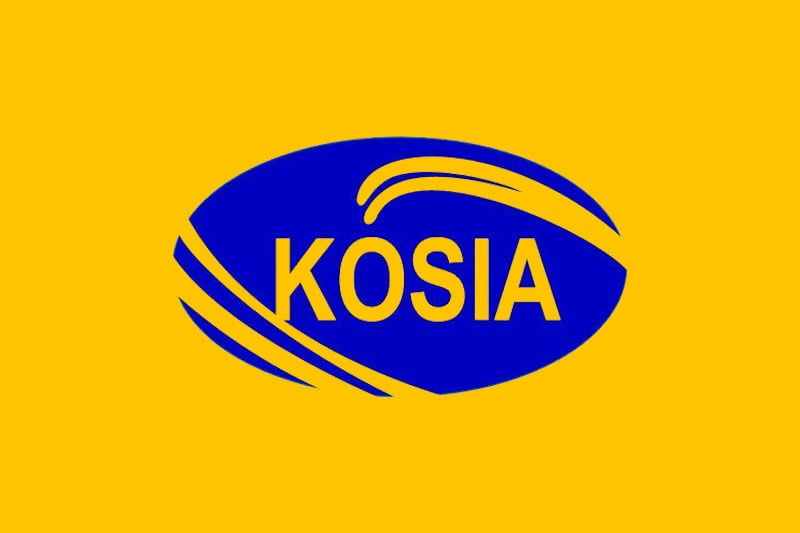
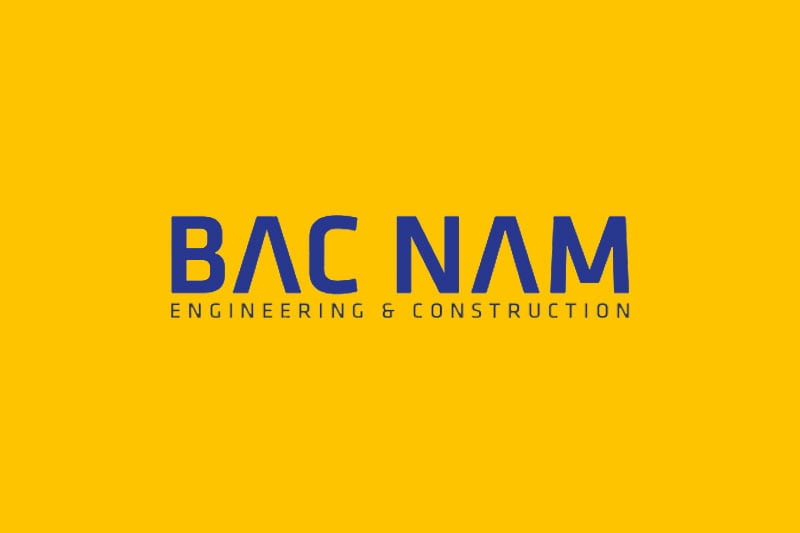

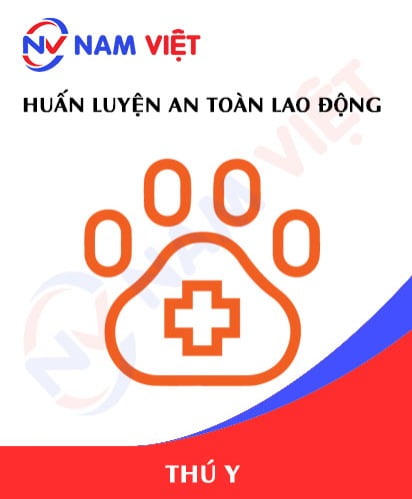


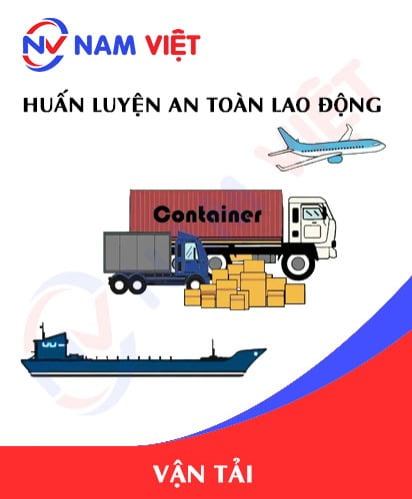

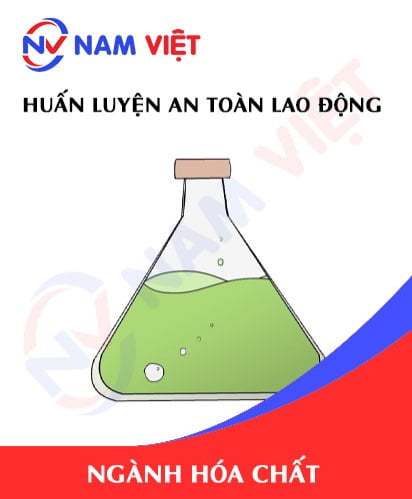

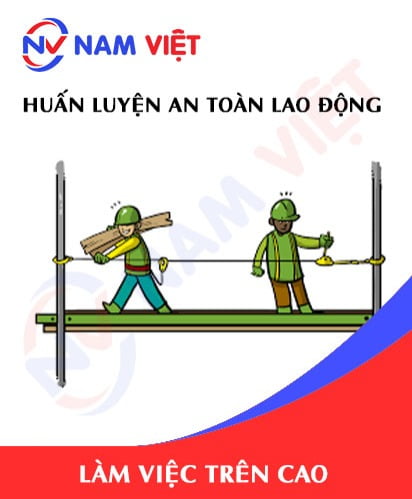
phanminhhang341
Đơn vị chuyên nghiệp về huấn luyện an toàn lao động